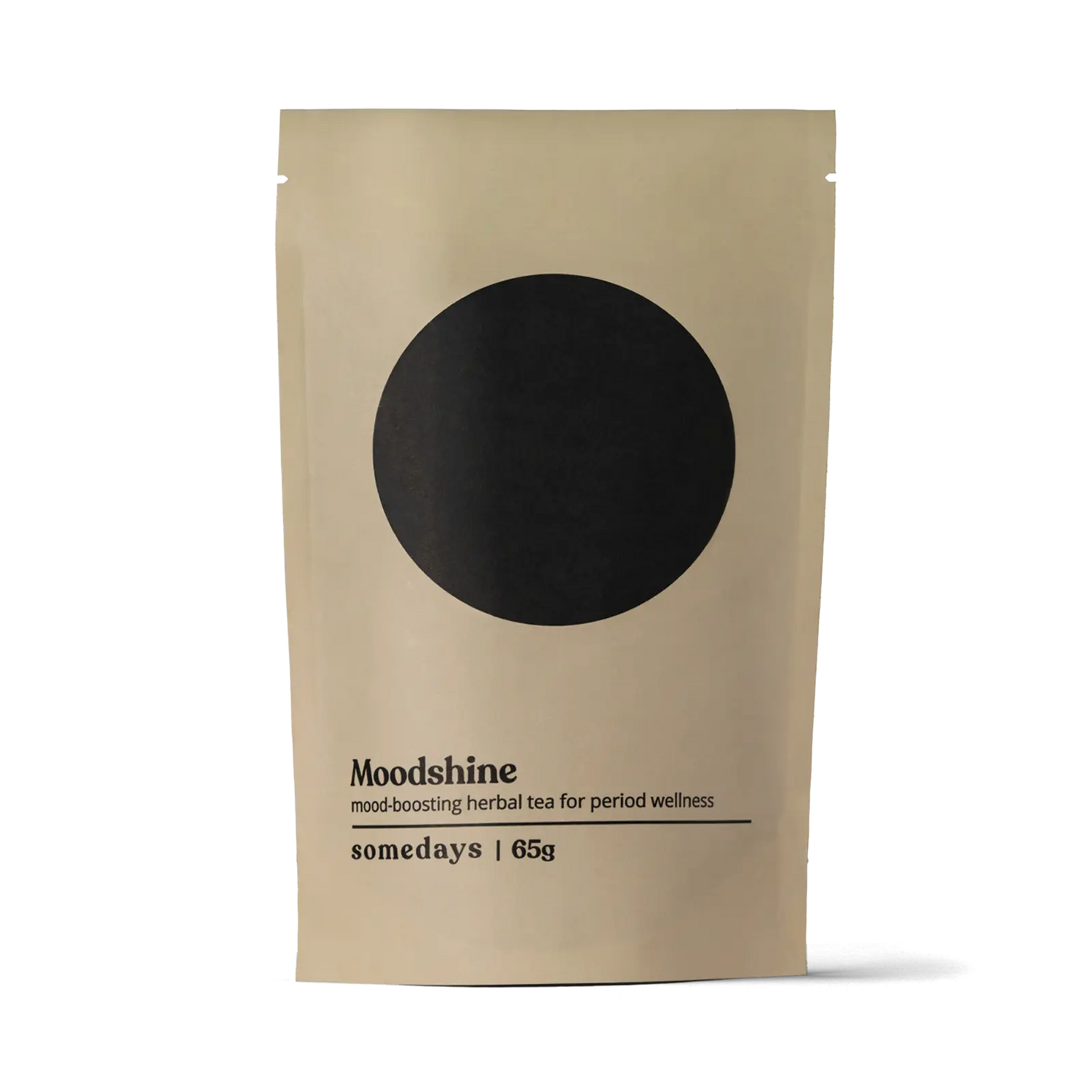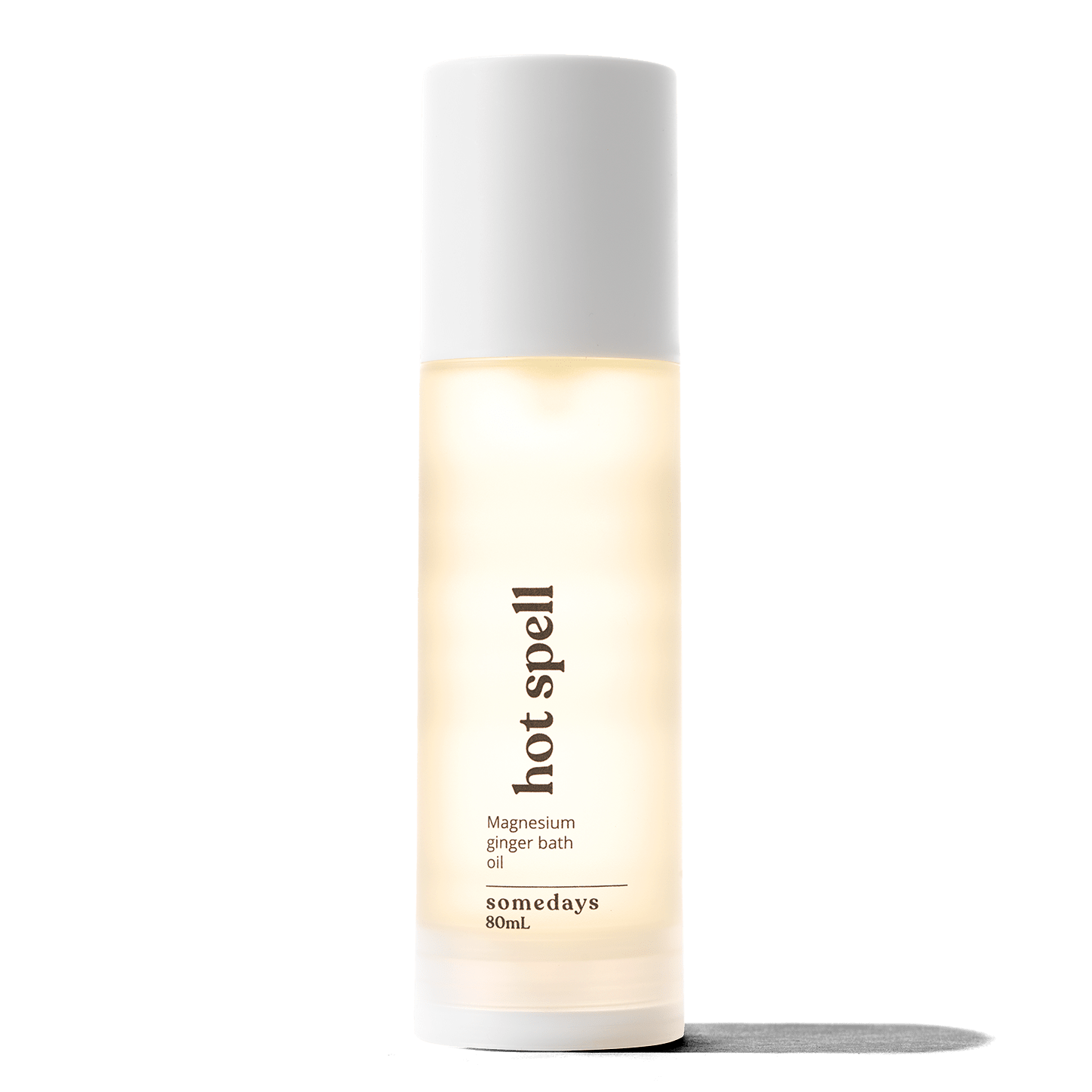The Connection Between Irritable Bowel Syndrome (IBS) and Endometriosis

This stuck with me because while I was on my own personal journey to get a diagnosis for my own chronic pain, I was originally “diagnosed” with IBS. I didn’t understand the diagnosis either - it seemed like it was simply the only thing they could think of because nothing else added up. This led me to research IBS as a “blanket” diagnosis, and it was then that I first discovered the relationship between IBS and endometriosis.
Similarities Between IBS and Endometriosis
A recent study called endometriosis and IBS “twins in disguise” because of the interrelatedness of these two conditions; the relationship between endometriosis and IBS is a complex and fascinating one that deserves attention.
IBS and endometriosis are both complex conditions, and people who endure either and/or both face a lot of obstacles in figuring out what is causing their symptoms and receiving adequate care and support.
The main relationship between these two seemingly different conditions is the fact that they share so many symptoms in common. To name a few—abdominal cramping, bloating, diarrhea, nausea, and pain with bowel movements—are all symptoms of both conditions.
It is important to note that you do not need a formal diagnosis for your pain to be valid, and that diagnosis has no relevance to experiencing pain. However, if the person determines that a “formal” diagnosis would be beneficial to them for any reason, the overlap in symptoms complicates securing a “diagnosis” as well as getting adequate care.
The overlap and similarity in symptoms proves to be a challenge for doctors trying to figure out the source of pain. This is especially problematic for people who are actually struggling with endometriosis as they will are more likely to be misdiagnosed.
Patient Misdiagnoses
Other research found concluded that misdiagnosis of IBS and endometriosis is a significant problem—10% of people with endometriosis had been wrongly treated for IBS before their “diagnosis” of endometriosis. This murky relationship between these two conditions is even further complicated by the fact that endometrium-like tissue can actually grow in the bowel, which can result in symptoms that more so parallel symptoms of IBS.
A lot of people who have endometriosis either in their bowel or nearby often are simply diagnosed with IBS with no attention paid to their other symptoms, which can result in them not receiving adequate care or support.
Another way that IBS and endometriosis are related is how the testing proceeds for each condition. Neither condition has a simple, single test that can determine the existence of the condition, and this further exacerbates the murkiness of being able to determine which exactly is at play.
For IBS, testing tends to be a process of ruling out other medical conditions, like gluten or dairy allergies or inflammatory bowel diseases; the latter can be done by blood tests to check for inflammatory compounds that could indicate intolerances.
Endometriosis, on the other hand, can only be definitively and “formally” diagnosed by surgical laparoscopy though doctors can order tests that can indicate the potential existence of endometriosis (like a pelvic exam that checks for scarring, or imaging tests that can check for indicators of the condition).
The issue with this lack of definitive testing is the fact that doctors base “diagnosis” on reported symptoms. This leaves out so many people who know they are experiencing pain/endometriosis/IBS, because they are the experts of their own experience, with a lack of support and care because their pain is not “clinically” recognized, and so often invalidated.
Just remember—you are the expert on your own body and experiences, and everyone deserves support and validation regardless of the perception of doctors.
The fact that both conditions overlap in the symptomatology and both conditions are equally as complex in determining if they impacting the person makes the edges between each condition blur even more—and makes distinguishing between these two conditions very difficult, clinically.
For example, in a conference, the founder of the Endometriosis Foundation of America said that the complex relationship between these two conditions is one of the many reasons that endometriosis remains undetected because the overlap of symptoms is not understood by physicians.
This often leads to the person being referred to a GI doctor, and after many tests they still don’t know the source of their symptoms.
When I began my research into the relationship between endometriosis and IBS, I started with what the participant of my study called a “blanket” diagnosis. I found that there have been recent advancements in the understanding of IBS that views IBS as an “umbrella” term of sorts—that IBS is a “constellation” of symptoms that includes varied bowel complaints, rather than a defined disease.
This particular person was certain that they were experiencing endometriosis, but we were diagnosed with IBS, which shows how IBS symptoms are loosely applied without the underlying cause being detected and/or looked for after assigning this blanket to their experiences of pain.
Easing IBS and Endometriosis Symptoms
somedays products are designed to ease both IBS and endometriosis pain, in the convenient ways. Castor packs in particular have been used to help relieve abdominal pain for centuries - but the messiness has put a lot of people off from using them.
somedays re-imagined this with no more oil and less mess in their Better Cycle Kit which includes a three-piece system with everything needed to complete a 30-day treatment. As well as this kit, for the treatment of both IBS and menstrual cramps is the Flaxseed Heat Pad. As a long-time avid user of hot water bottles, this pad helped relieve my pain and inflammation, and I could never go back to hot water bottles.
Previous Article All Articles Next Article
All ArticlesFlaxseed Heatpad
Designed to fit comfortably over your pelvis, this weighted heatpad is hand made and custom embroidered in-house. Warm again and again in the microwave or oven to enjoy long-lasting heat infused with chamomile essential oil for aromatic bliss.
$65.00
ADD TO CARTBetter Cycle Kit
A modern approach to traditional self-care practices, designed to support your body's natural rhythms and provide relief from period discomfort.
This comprehensive kit includes:
- Belly Jelly Castor Stick (25g): Apply to your abdomen to promote relaxation and well-being.
- Bamboo Belly Band: Secure the castor application comfortably in place.
- Flaxseed Heatpad with Custom Embroidered Cover and Carrying Case: Provides soothing warmth to ease discomfort.
Includes: Belly Jelly Castor Stick 25g, Bamboo Belly Band, Zip Pouch, Flaxseed Heatpad, Custom Embroidered Cover, Heatpad Carrying case
$132.00
ADD TO CART




